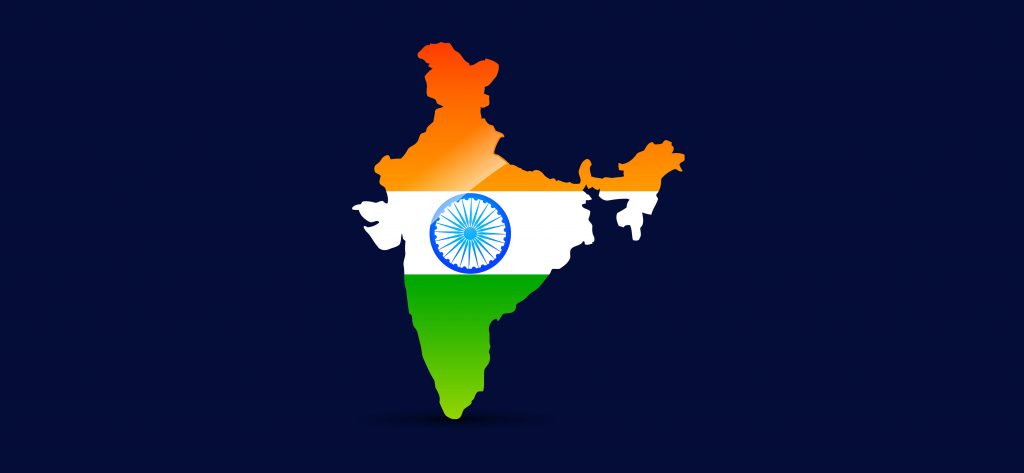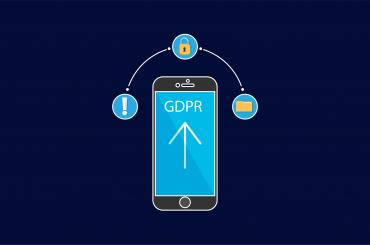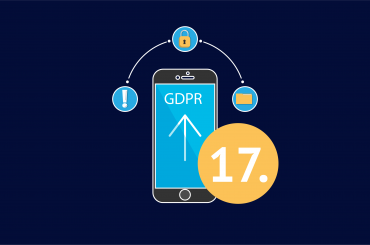The General Data Protection Regulation (GDPR) provides the right to be forgotten. Since India is not a part of the European Union, the application of the right is not the same in India. Apart from this, India also has its own set of privacy laws that govern the right to be forgotten.
In this article, we discuss everything you need to know about the right to be forgotten in India.
Contents
Applicability of right to be forgotten in India
In India, the right to be forgotten is quite similar to the European Union. Even though the GDPR is not applicable in India, many judgements have recognised the right.
Recently, the High Court of Delhi held that the right to be forgotten could be exercised in India. In this case, Mr. Jorawer Singh Mundy requested Google to remove a case against him. He argued that the presence of the case in search results is harming his professional life. The Delhi Court recognized this and ordered the temporary removal of information. The final judgment has not been given yet.
Similarly, the Karnataka High Court recognized the right to be forgotten. The Court held that urgent action needs to be taken to remove sensitive online information. This is particularly in the case of rape or sexual assault against women.
Is there a law right to be forgotten in India?
The Personal Data Protection Bill recognizes the right to be forgotten in India. As per Section 20 of the Bill, an individual has a right to restrict or prevent the disclosure of personal information. This right can be exercised in the following conditions:
- The data collected was collected for a particular purpose, and it no longer serves the purpose.
- The data was collected and shared with the consent of the individual, but the individual has now withdrawn his consent.
- The collection of data was done in an illegal or unlawful manner.
Notably, the right to be forgotten under the GDPR can be exercised by submitting a request before the online platform. However, in India, the right to be forgotten can only be exercised before an adjudicating officer is appointed by the Data Protection Bill.
The officer can order the platform to remove personal information. While doing so, the officer has to keep the following points in mind:
- The level of sensitivity of the personal information.
- The amount of information that has been disclosed.
- The degree to which sharing of information will be restricted.
- The public nature of the individual’s life.
- The importance of personal data for the public interest.
- The nature of disclosure is caused by personal data.
If the officer is convinced that the data does not serve any of the abovementioned goals, he can order the online platform to remove information.
Conclusion
There is undoubtedly a right to be forgotten in India. However, exercising this right is more difficult than in the EU. In India, one has to submit a request before an adjudicating officer. Also, there are very limited grounds for the removal of information.
As of now, the Personal Data Protection Bill is not a law in India. Here, the Courts have used the General Data Protection Regulation to establish the right to be forgotten.
FAQ
-
What is the EU right to be forgotten?
The right to be forgotten is an individual’s right to remove online information against him. This can be for many reasons, such as withdrawal of consent, legal order, etc.
-
Is there a right to be forgotten in India?
Yes, there is a right to be forgotten. This has been recognized by the High Courts in many judgments.
-
What is the right to erasure rule?
The right to erasure is an individual’s right to request the removal of information. This is recognized under the fundamental right to privacy.
-
Does everyone have a right to be forgotten?
Generally speaking, the right to be forgotten is available to everyone. However, public figures such as politicians, celebrities, etc., can only exercise this right in a limited number of cases.
-
Is the right to be forgotten a fundamental right in India?
No, the right to be forgotten is not a fundamental right in India. This right has been recognized by the Personal Data Protection Bill as well as High Court judgments.





